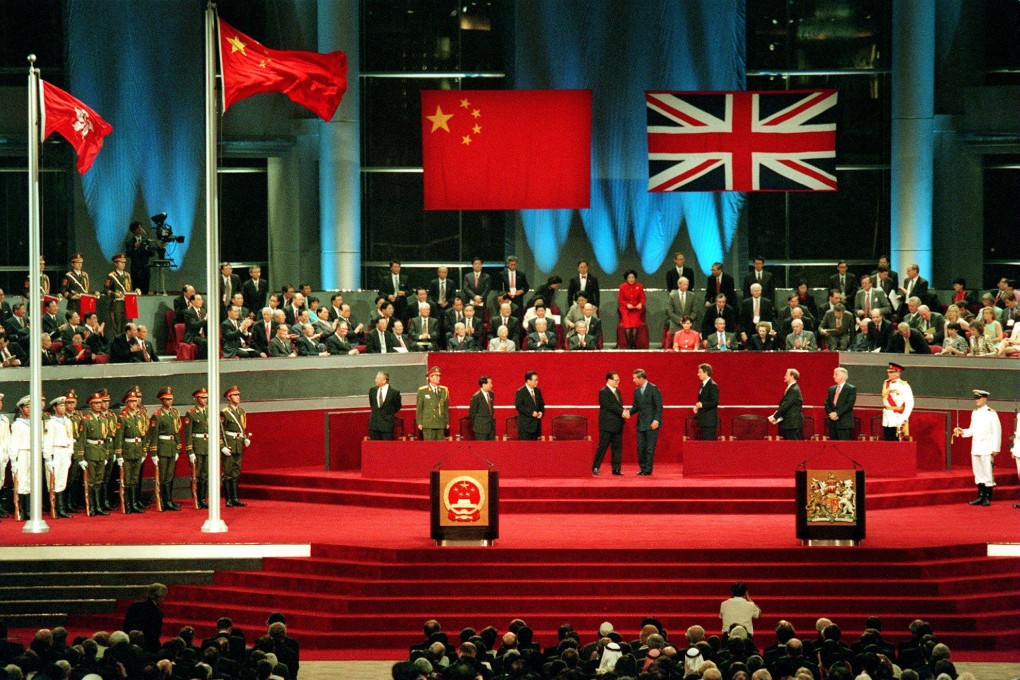Explainer | Why Hong Kong’s new textbooks for secondary schools have stopped calling the city a British colony
- Launch of several new secondary school textbooks for Hong Kong’s citizenship and social development course has sparked debate about city’s colonial past
- New curriculum argues United Nations in 1972 voted to remove Hong Kong from past list of colonies at China’s request

New secondary school textbooks for Hong Kong’s revamped liberal studies course have become the subject of controversy after the learning materials stated the city was an occupied territory rather than a British colony.
Some residents accused the new texts of distorting the city’s history, while others defended the curriculum by citing an official United Nations document showing Hong Kong had been removed from the past list of colonies.
Here is what you need to know about the debate.
1. When did the controversy surface? What were the arguments?
Following the city’s handover to Chinese rule in 1997, some pro-Beijing newspapers occasionally published commentaries that said Hong Kong was never a British colony, with several citing a successful vote by the UN in 1972 to strike the city from the list of colonies following a request from mainland China.
The published commentaries largely made similar points, arguing that Hong Kong was forcibly occupied by the United Kingdom and that the mainland never surrendered its sovereignty over the area.
In addition to issues about the use of the term “colony”, the Post in 2018 reported that the city’s official protocol office had erased the phrase “handover of sovereignty” from its website.
Then chief secretary Matthew Cheung Kin-chung had said using the word “handover” to describe the city’s return to Chinese rule in 1997 did “not accurately reflect the substance or description of this momentous historical occasion” and fell short of official terminology guidelines.